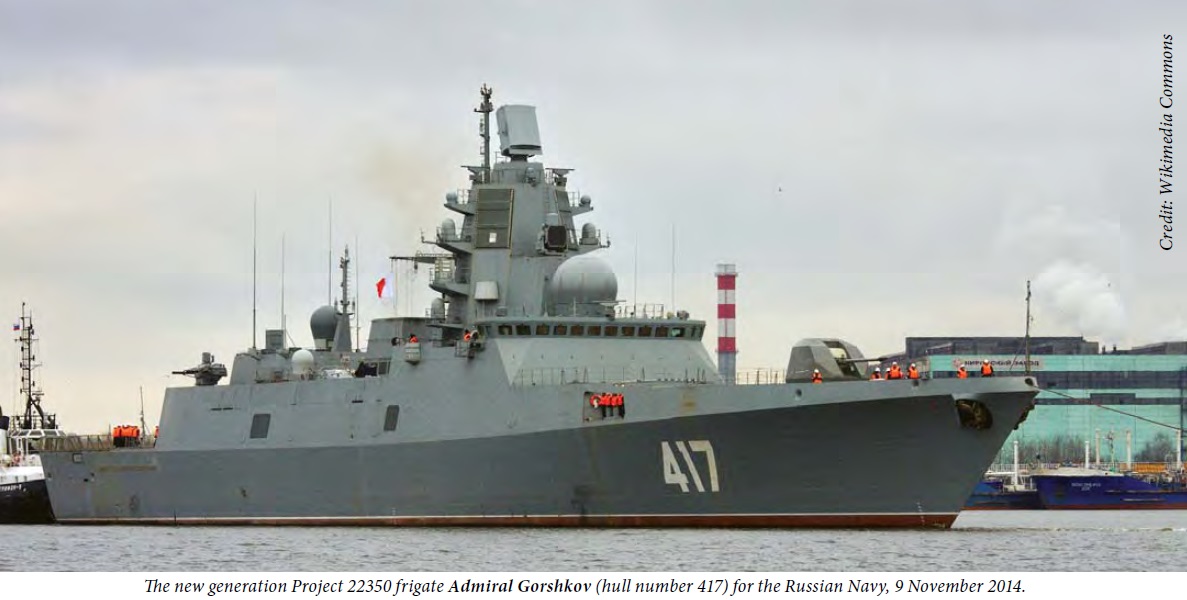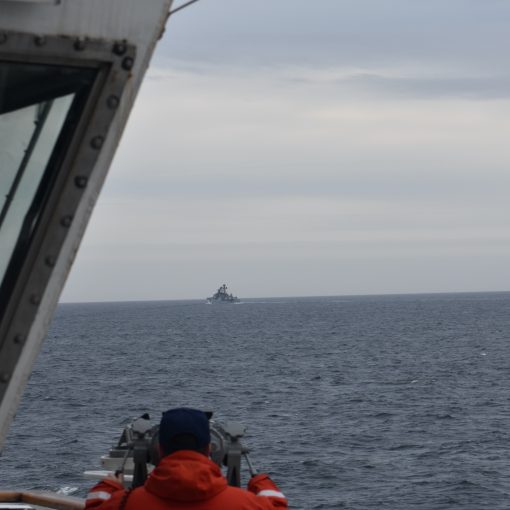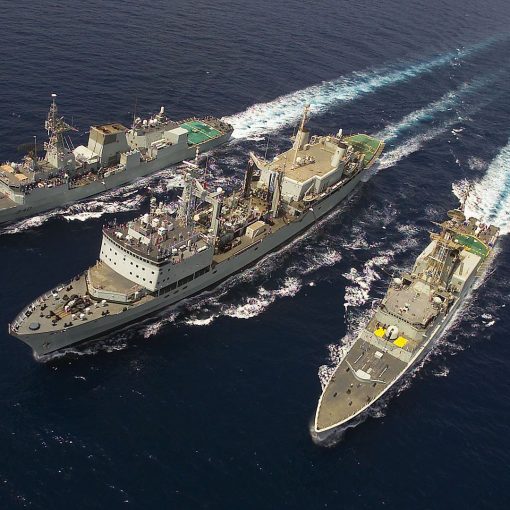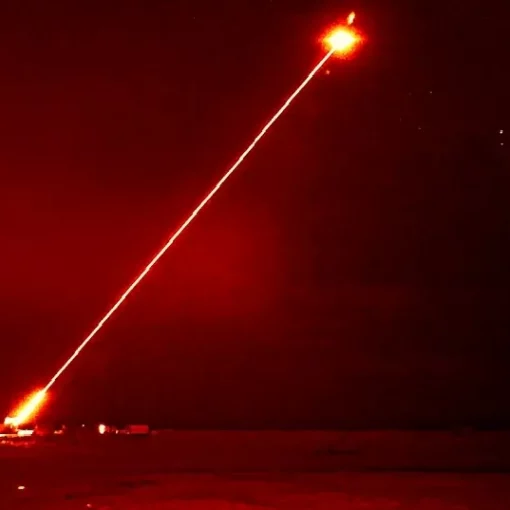CNR, Vol. 11, No. 1 (2015)
Abstract
In the wake of the crisis in Ukraine and the general deterioration of relations with Russia, the West must consider how to deal with what appears to be a revanchist and opportunistic Russia. Under President Vladimir Putin, Russia has entered a period of intense nationalism, anti-Westernism and assertiveness in its pursuit of security in its near abroad. Efforts to reverse the post-Cold War atrophy of the Russian Federation Navy (RFN) are underway. Historically, Russia has been a land power, however the RFN has been the recipient of greater attention from the Kremlin in terms of policy direction and investment since the early 2000s. The RFN’s slow but steady rebirth illustrates the Kremlin’s desire to undertake the full range of naval missions ranging from nuclear deterrence to sea control in adjacent waters to limited presence/power projection in distant seas. The number and type of new builds, and the lack of investment in at-sea replenishment, suggest that the RFN is not positioning itself to confront the combined Western navies globally, and the RFN’s force posture may be defensive in nature (as least as perceived by the Kremlin).
Western navies should take these matters into account as they contemplate their own future. Curiously, the RFN’s short-term outlook resembles that faced by the Royal Canadian Navy: a temporary dip in the number of operational units while industry re-capitalizes and delivers new or upgraded capabilities plus the ongoing challenge of recruiting and retaining skilled personnel. Also, lower energy prices affect the national revenues of both countries and could therefore slow the pace of naval re-capitalization. But while the quantity of new vessels under construction in Russia is meant to cover its dispersed maritime spaces simultaneously (a challenge also faced by Canada), it may also reflect the age-old Russian belief that combat resilience is, in part, a function of mass. RCN planners who believe that quality can adequately compensate for quantity should take careful note. Smaller numbers of ‘exquisite’ ships may be a strategic handicap – even in operations short of combat. As a hedge against uncertainty over the future, the RCN and its counterparts should seek to remain collectively proficient in all naval warfare domains. And, even if the RFN and Western navies do nothing more than eye each other warily, close attention should be paid to the proliferation of Russian naval technology to both state and non-state parties.
Dave Rudd is a strategic analyst with the Centre for Operational Research and Analysis at National Defence Headquarters in Ottawa.





